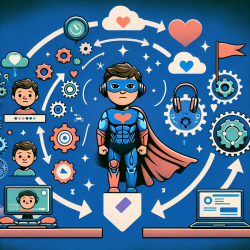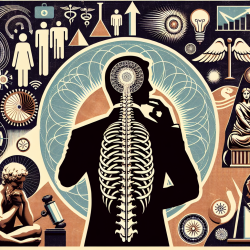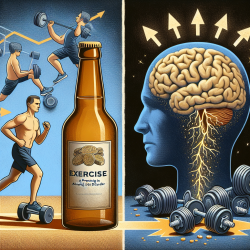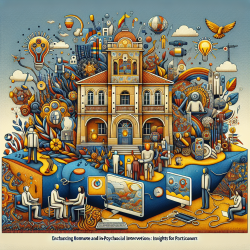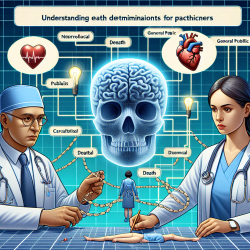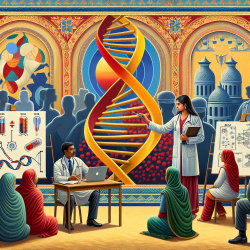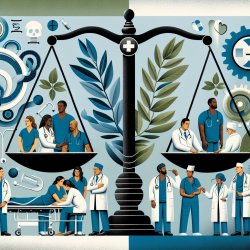As a passionate advocate for child development, I believe that every practitioner should strive to improve their skills continuously. The research paper "The Metamorphosis of the Hero: Principles, Processes, and Purpose" offers valuable insights that can help practitioners enhance their approach and create better outcomes for children. This blog will delve into the key findings of the research and how they can be applied in the context of online therapy services provided by TinyEYE.
The Six Types of Heroic Transformation
The research identifies six types of transformation that heroes undergo: mental, moral, emotional, spiritual, physical, and motivational. These transformations are not just theoretical constructs; they have practical implications for child development. Here’s how each type can be integrated into online therapy:
- Mental Transformation: Encourage children to engage in problem-solving activities that challenge their cognitive abilities.
- Moral Transformation: Incorporate stories and scenarios that highlight ethical dilemmas and the importance of making the right choices.
- Emotional Transformation: Use emotional regulation techniques to help children manage their feelings and develop empathy.
- Spiritual Transformation: Introduce mindfulness and meditation practices to foster a sense of inner peace and connectedness.
- Physical Transformation: Encourage physical activities that promote overall well-being and resilience.
- Motivational Transformation: Set achievable goals and celebrate small victories to keep children motivated and engaged.
The Three Arcs of Heroic Transformation
The research also describes three arcs of heroic transformation: egocentricity to sociocentricity, dependence to autonomy, and stagnation to growth. These arcs can guide practitioners in structuring their therapy sessions:
- Egocentricity to Sociocentricity: Encourage children to think beyond themselves and consider the impact of their actions on others.
- Dependence to Autonomy: Foster independence by allowing children to make choices and take responsibility for their actions.
- Stagnation to Growth: Create a growth-oriented environment where challenges are seen as opportunities for development.
Practical Activities for Heroic Transformation
The research suggests three activities that promote heroic transformation: training regimens, spiritual practices, and the hero’s journey. Here’s how these can be adapted for online therapy:
- Training Regimens: Develop structured activities that build specific skills, such as communication and social interaction.
- Spiritual Practices: Incorporate mindfulness exercises and relaxation techniques into therapy sessions.
- The Hero’s Journey: Use storytelling to help children understand their own journey and the potential for growth and transformation.
Encouraging Further Research
While the findings of this research are invaluable, it is essential to continue exploring and understanding the complexities of heroic transformation. I encourage practitioners to delve deeper into this subject and consider how these principles can be applied in their practice to achieve the best outcomes for children.
To read the original research paper, please follow this link: The Metamorphosis of the Hero: Principles, Processes, and Purpose.
